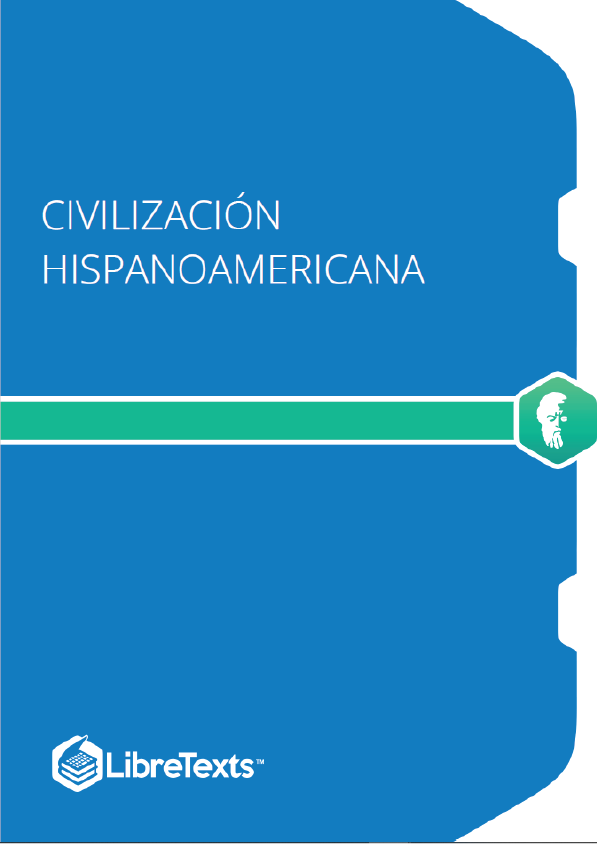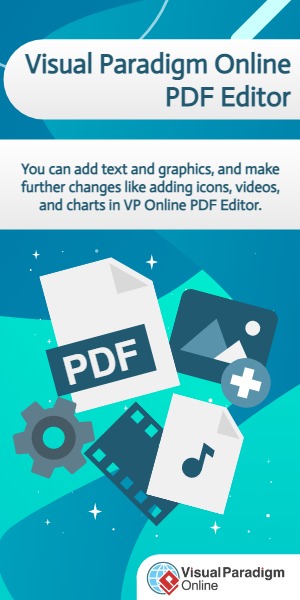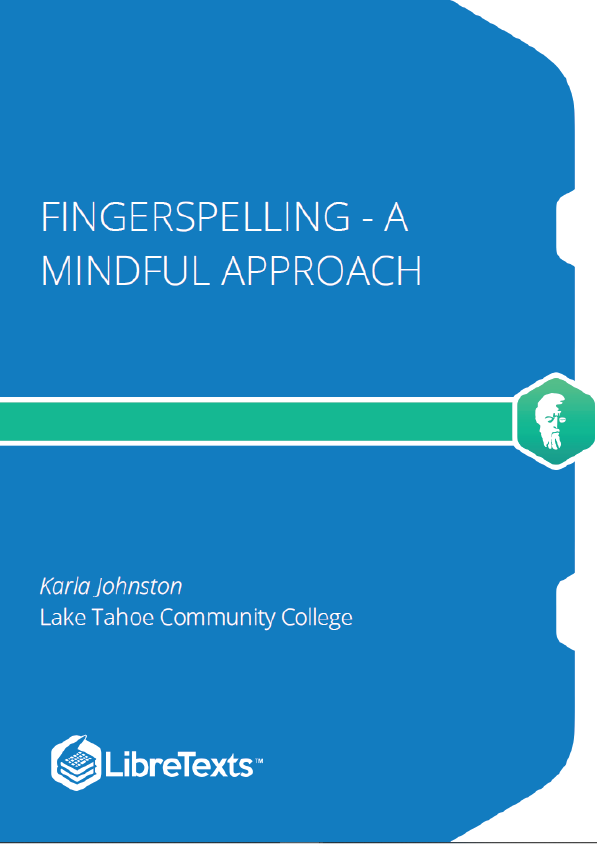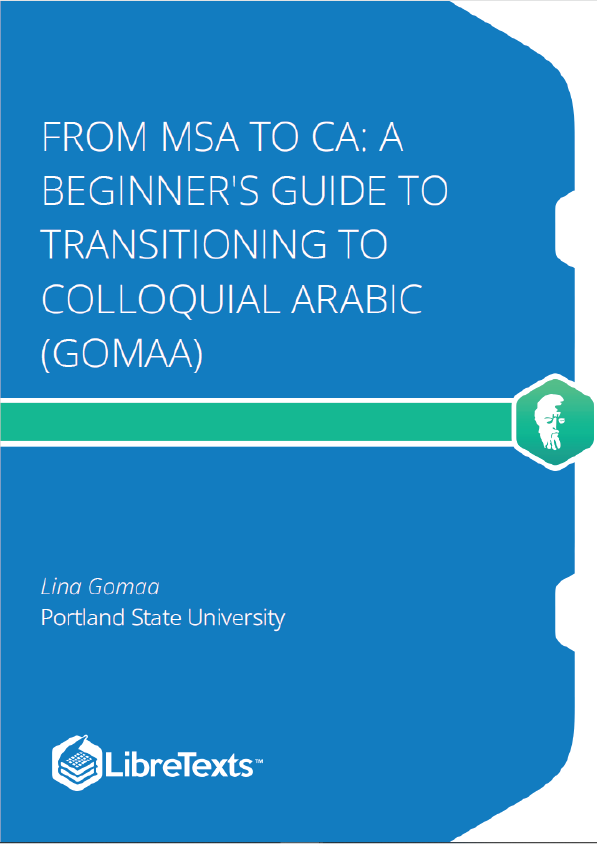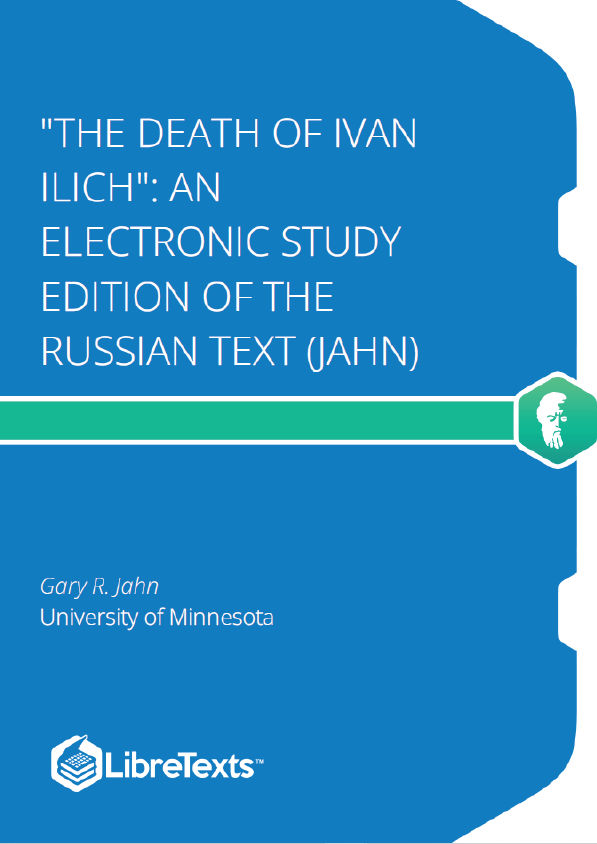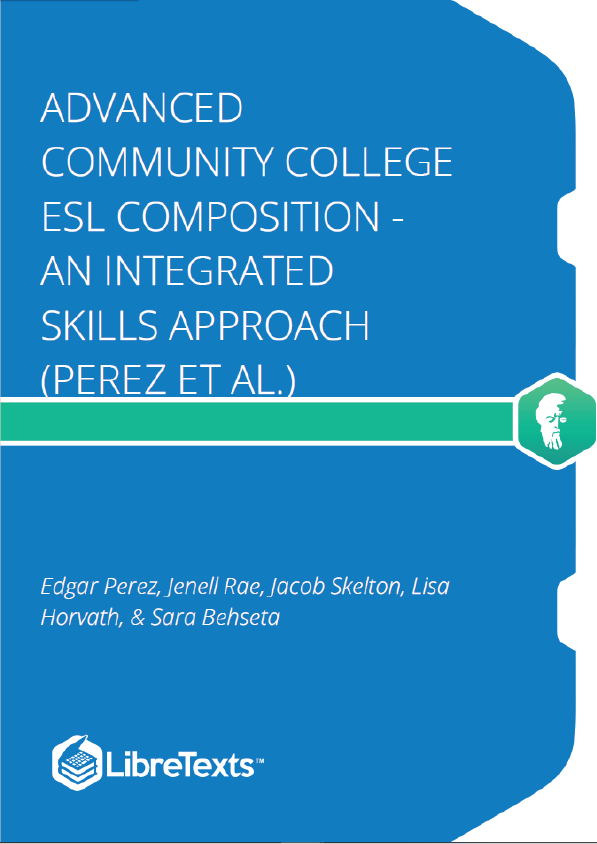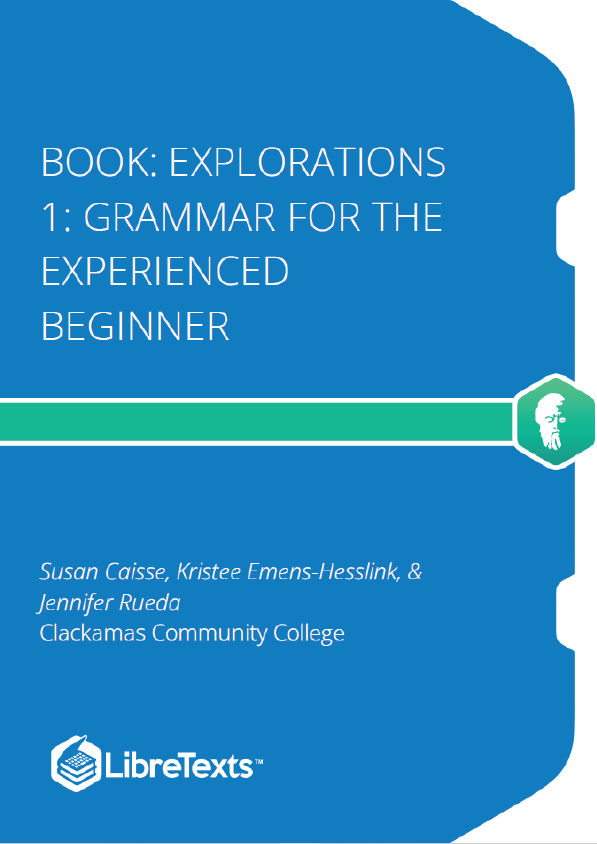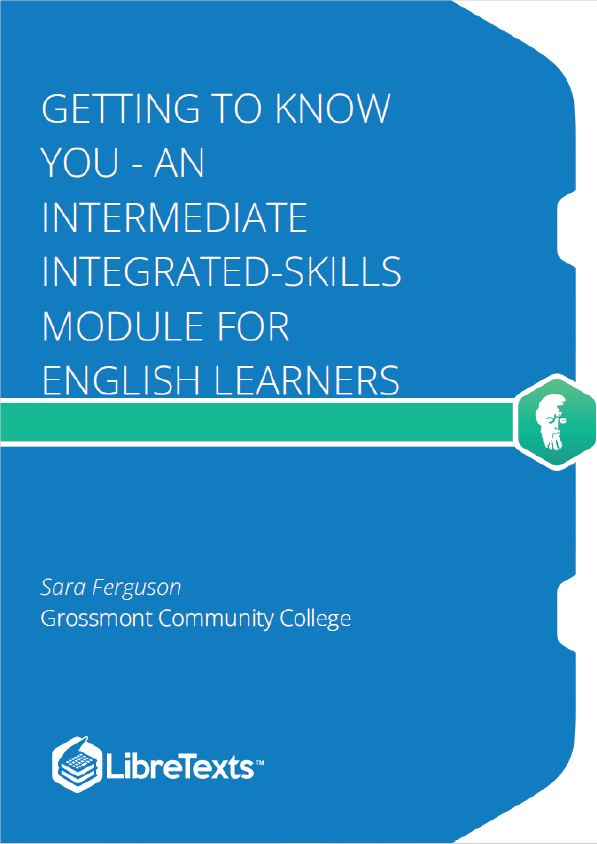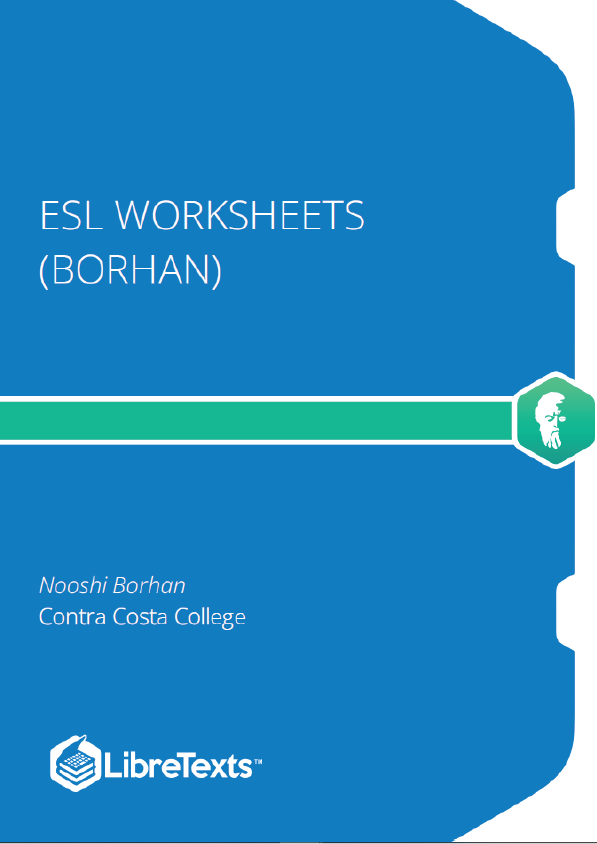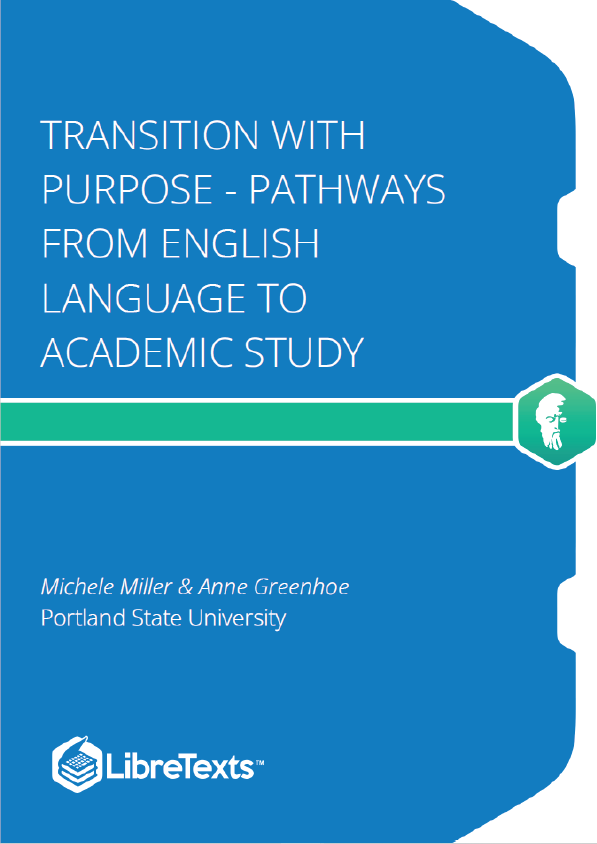This text is disseminated via the Open Education Resource (OER) LibreTexts Project (https://LibreTexts.org) and like the hundreds of other texts available within this powerful platform, it is freely available for reading, printing and “consuming.” Most, but not all, pages in the library have licenses that may allow individuals to make changes, save, and print this book. Carefully consult the applicable license(s) before pursuing such effects.
Instructors can adopt existing LibreTexts texts or Remix them to quickly build course-specific resources to meet the needs of their students. Unlike traditional textbooks, LibreTexts’ web based origins allow powerful integration of advanced features and new technologies to support learning.
The LibreTexts mission is to unite students, faculty and scholars in a cooperative effort to develop an easy-to-use online platform for the construction, customization, and dissemination of OER content to reduce the burdens of unreasonable textbook costs to our students and society. The LibreTexts project is a multi-institutional collaborative venture to develop the next generation of openaccess texts to improve postsecondary education at all levels of higher learning by developing an Open Access Resource environment. The project currently consists of 14 independently operating and interconnected libraries that are constantly being optimized by students, faculty, and outside experts to supplant conventional paper-based books. These free textbook alternatives are organized within a central environment that is both vertically (from advance to basic level) and horizontally (across different fields) integrated.
Un recorrido por la historia y cultura de Hispanoamérica, diseñado para estudiantes de la lengua española a nivel intermedio. Gracias a SUNY Oneonta y Open SUNY por su apoyo de este proyecto. En especial, gracias a Chilton Reynolds, Ed Beck y Allison Brown por su ayuda técnica.
Puerto Rico desde 1898
Puerto Rico sigue como “territorio no-incorporado” de Estados Unidos (“Estado Libre Asociado” según la Constitución Puertorriqueña de 1952), y durante todos estos años desde 1898 ha habido una controversia constante sobre si la isla debe intentar ser independiente, ser un estado regular de EEUU, o seguir en su situación especial. Al principio , el Presidente de EEUU nombraba el gobernador de Puerto Rico; desde 1948 los puertorriqueños han elegido a todos sus oficiales gubernamentales . Mandan un observador al Congreso estadounidense, pero esa persona no puede votar. Los puertorriqueños son ciudadanos de EEUU, sirven en las fuerzas armadas y tienen algunos beneficios de nivel nacional (e.g. hay un bosque nacional en la isla, pueden recibir algunos beneficios de Seguridad Social, etc.), pero no pueden votar para Presidente de EEUU. En diferentes momentos los puertorriqueños han celebrado referendos sobre su estatus: en el voto más reciente (2012), 60% de los votos salieron a favor de ser estado de EEUU, pero el nivel de participación fue bajo y los políticos no han avanzado proyectos legislativos para realizar ningún cambio de estatus.
